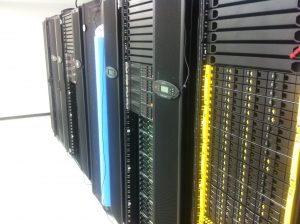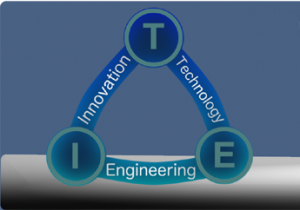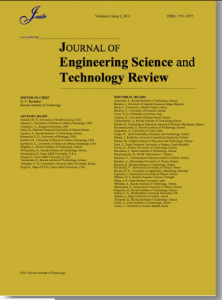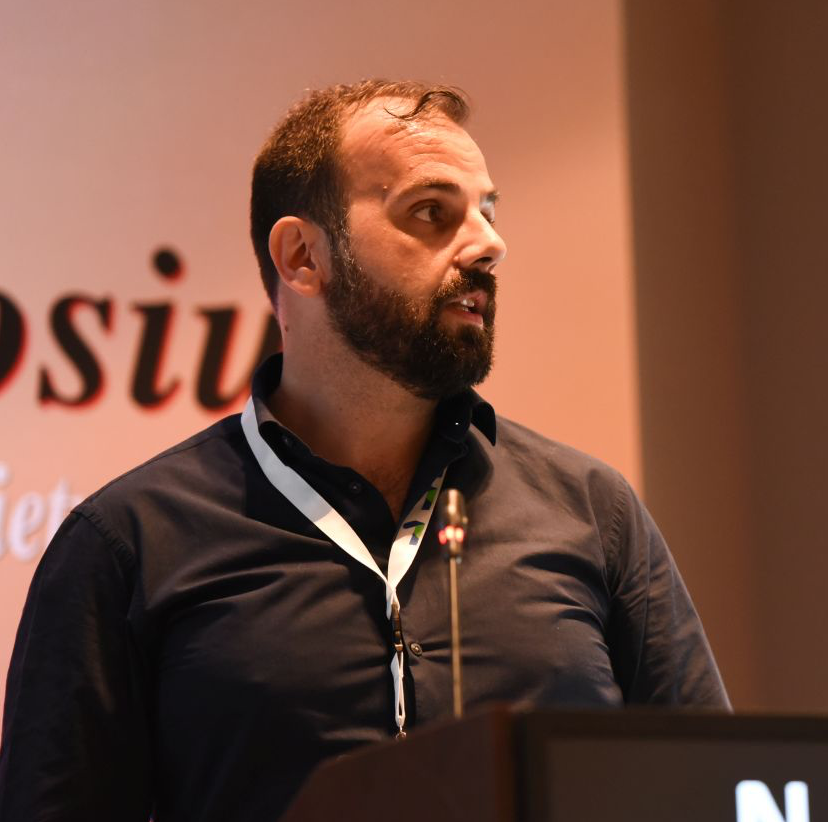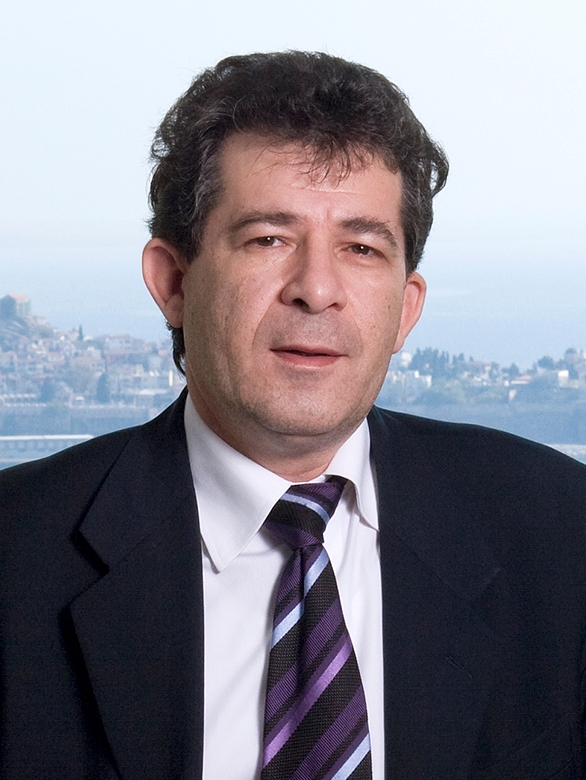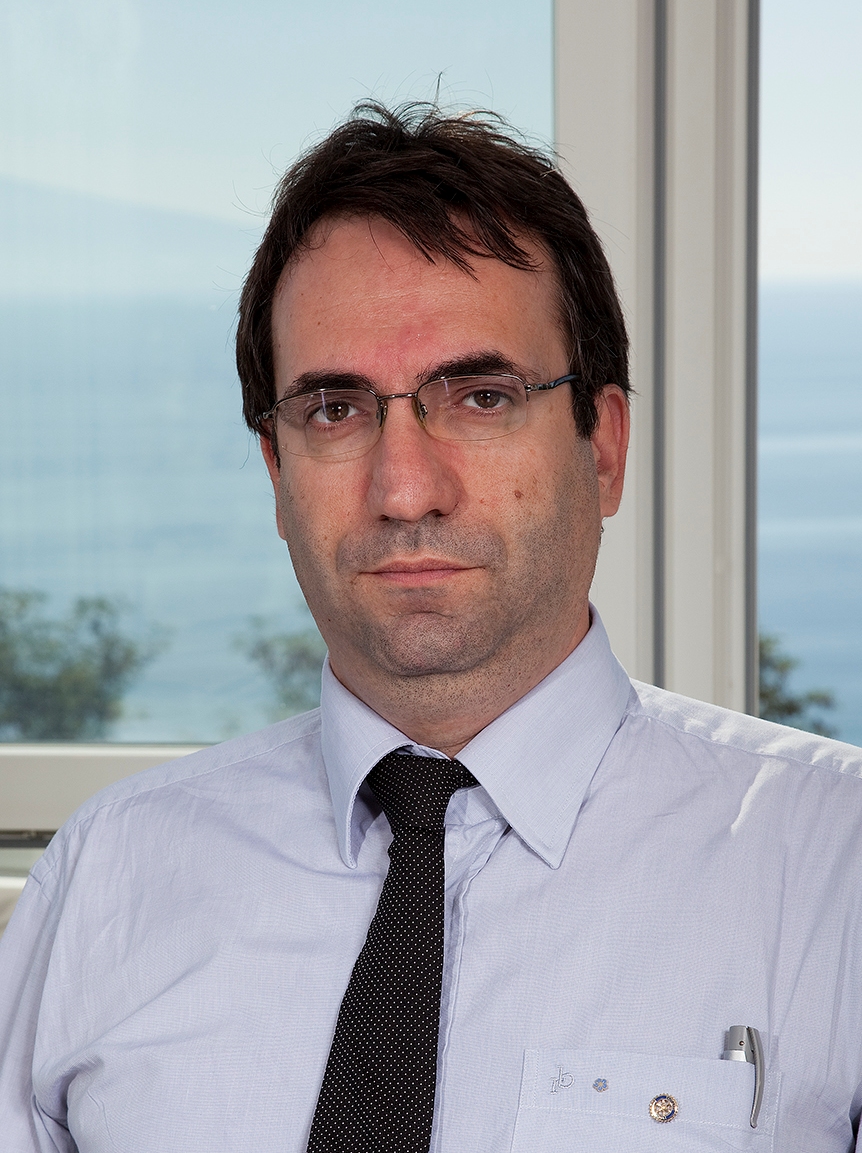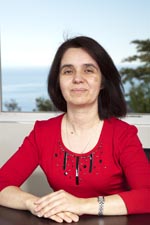Υπολογιστικό κέντρο Grid σε συνεργασία με το CERN
GRID is a computer architecture for transparently sharing computing and storage resources in order to create a simple, virtual, unified system from a large number of different systems connected through an advanced network. The institute’s GRID is a WLCG Tier Two site administrated by the Department of Electrical Engineering under the supervision of Prof. D.V. Bandekas. Since 2013, the institute has a collaboration, in a form of a Memorandum of Understanding, with CERN for the deployment and exploitation of the LHC Computing GRID

The institute GRID site currently provides
- 300 terabytes of data storage on disk,
- brings together more than 1150 cores.
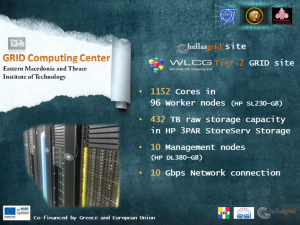
The institute’s GRID system, being developed in collaboration with CERN, will be linked with the European Grid Infrastructure through HellasGRID.
Renewable and Distributed Generation:
- Wind systems (control of machines and large wind farms, systems integration with respect to reliability, stability and power quality);
- Distributed solar systems (High penetration distribution modelling, distributed maximum power tracking, integrated storage);
- Simulation of hybrid systems (solar, wind, fuel cell, diesel, etc)
- Energy storage and distributed storage aggregation.
Diagnostics and Monitoring of Assets:
- Intelligent and remote monitoring
- Asset Management
- Remnant Life Estimation and Strategic Loading of Assets
- Dynamic Loading of Transmission Lines and Transformers
ICT Enabled Intelligent Power Systems:
- Smart Distribution Automation
- Smart Grid Communication Infrastructure
- Smart Grid Security (cyber attack, SCADA …)
- Standard Development and Interface
- System Optimization (load forecasting, mixed electronic and market models, smart load management)
Future benefit for the Region
Processing seismic data & Earthquake Planning and Protection
- Development and application of material models in nanotechnology
- Modelling of fluid flow in materials
- Computational chemistry
- Economic analysis and forecasting
- Weather forecasting and environmental studies
- Medical applications:
- Applications based on simulation
- Image Analysis on demand
- Tele-radiology and Epidemiology
- Screening programs (Screening Programs)
- The study of HIV AIDS (HIV).
